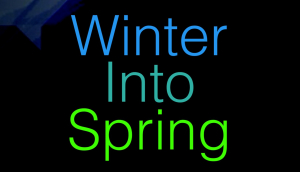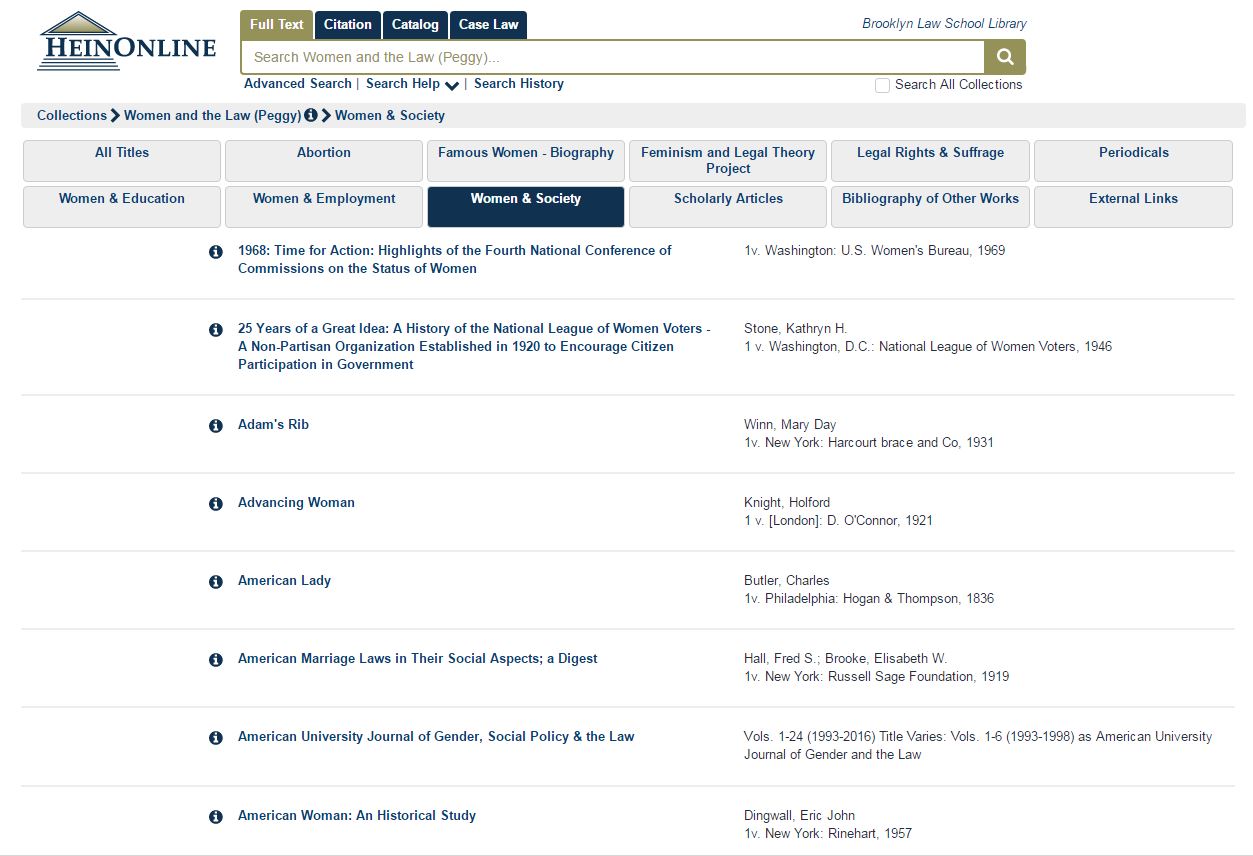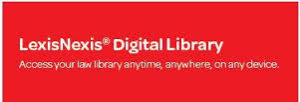On April 4, 2017, as part of the Legal Lunches series, BLS professors Liz Schneider and Susan Hazeldean led a lively townhall discussion on the impact of the Trump administration on women’s rights, reproductive rights, and LGBTQ rights.
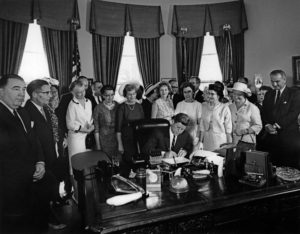
President Kennedy signs Equal Pay Act into law in 1963
One of the topics discussed was equal pay. When the Equal Pay Act was signed into law in 1963, women received 59 cents for every dollar earned by a man. Despite progress over the years, women who work full-time currently earn only about 80% of what their male counterparts earn. Among other efforts, President Obama had issued Executive Order 13673 (Fair Pay and Safe Workplaces) on July 31, 2014, which was aimed, in part, at narrowing that gap.
Trump’s revocation of the Obama executive order on March 27, 2017 nullifies rules that required paycheck transparency, and that barred federal contractors from imposing mandatory arbitration when their workers raised claims of sexual assault or sexual harassment. The revocation is particularly harmful to women workers. Prof. Schneider also pointed out that the Trump administration has deleted the White House webpage on equal pay. Where the Obama White House once had information about the Lilly Ledbetter Fair Pay Act and the Equal Pay Pledge, all that remains is a landing page with the terse “Thank you for your interest in this subject. Stay tuned as we continue to update whitehouse.gov”
April 4, 2017 also happened to be Equal Pay Day. This is the day that symbolizes how far into the next year a woman has to work, in order to earn what a man did during the preceding year. Equal Pay Day is always commemorated on a Tuesday, to further represent how far into the following work week women have to work, to reach the level earned by men the previous week.
BLS Library has various print and digital resources on the subject of equal pay. Our collection includes the following:
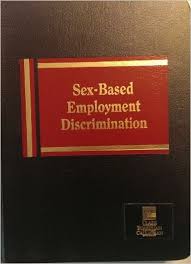
Omilian & Kamp, Sex-Based Employment Discrimination
Susan Omilian & Jean Kamp, Sex-Based Employment Discrimination (updated through Sept 2016). This treatise is available electronically through Westlaw. It includes comprehensive treatment of claims brought under the Equal Pay Act, including making a prima facie case, defenses, enforcement, and remedies. Citations are kept current, with the most recent update in September 2016. The library also has the looseleaf version of the title in print, updated through June 2014.
Nyla Jo Hubbard, The rape of the American working woman: How the law and attitude violate your paycheck (2016). Hubbard, a non-lawyer, combines anecdotes from her personal experience with analysis of how women are placed at a systematic disadvantage under our laws. She discusses a wide range of laws and policies, ranging from Social Security, to healthcare, to childcare subsidies, in order to explain the causes of pay inequality. This title is available as an e-book through ProQuest.
Susan Bisom-Rapp & Malcolm Sargeant. Lifetime disadvantage, discrimination, and the gendered workforce (2016). The authors, who are law professors in the U.S. and U.K. respectively, examine the disadvantages faced by women at work, including equal pay issues, in light of inadequacies in the law in both countries. They contend that the piecemeal, incremental approaches built into the legal systems of the U.S. and U.K. do not work and that a more holistic solution is required. This title is available as an e-book through ProQuest.
Christianne Corbett & Catherine Hill, Graduating to a pay gap: The earnings of women and men one year after college graduation (2012). The American Association of University Women (AAUW) has long been engaged in studying, analyzing, and providing policy direction on equal pay issues. In this publication, they explain how pay inequality among college graduates begins immediately after graduation. While discrimination is an important factor, the AAUW study recognizes that gender differences in willingness and ability to negotiate salary contribute to the pay gap, recommending that this issue also be addressed.

Chen, Compliance and Compromise
Cher Weixia Chen, Compliance and compromise: The jurisprudence of gender pay equity (2011). In this book, Chen, a legally-trained professor of international studies, approaches the topic of pay equality from an international law perspective. She focuses in particular on International Labour Organization (ILO) Convention No. 100 on Equal Remuneration, and how ratifying states have complied or failed to comply with its mandate. This is an interesting read on pay equality laws in countries other than the U.S.: while 173 of the 187 ILO members have ratified ILO Convention No. 100 to date, the U.S. is not one of them.
 During the reading and exam period students must make a reservation to use a library study room. Mandatory room reservations begin on Friday, April 28th at 8:00am; at that time, all study rooms will be locked and students must go to the first-floor circulation desk to charge out the key to the room at the time of their reservation. The link to the study room reservations is available here.
During the reading and exam period students must make a reservation to use a library study room. Mandatory room reservations begin on Friday, April 28th at 8:00am; at that time, all study rooms will be locked and students must go to the first-floor circulation desk to charge out the key to the room at the time of their reservation. The link to the study room reservations is available here.







